Since president Abdel-Fattah al-Sisi took power in Egypt in May 2014, critics have accused him of using the law and the courts to criminalise opposition to his regime. They say he is taking extreme measures to...
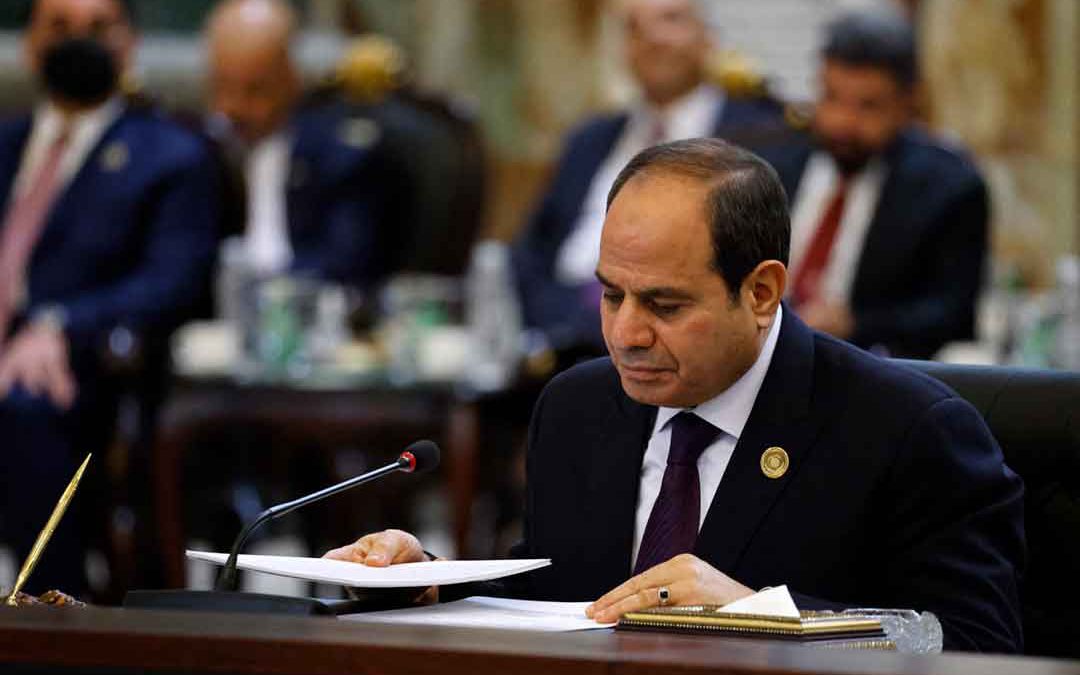

Since president Abdel-Fattah al-Sisi took power in Egypt in May 2014, critics have accused him of using the law and the courts to criminalise opposition to his regime. They say he is taking extreme measures to...
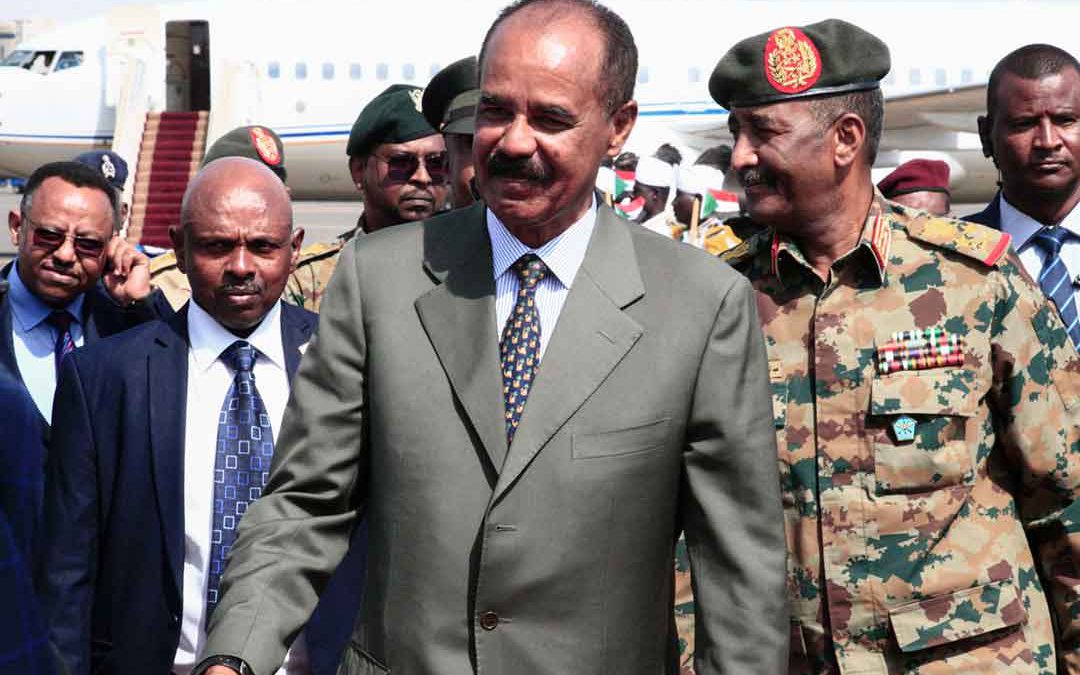
Eritrea is a paradox, a country that dips vertiginously from the mountains into the sea, from mellow temperate Asmara, the capital, to the scorching coastal port of Massawa. On the capital’s boulevards,...
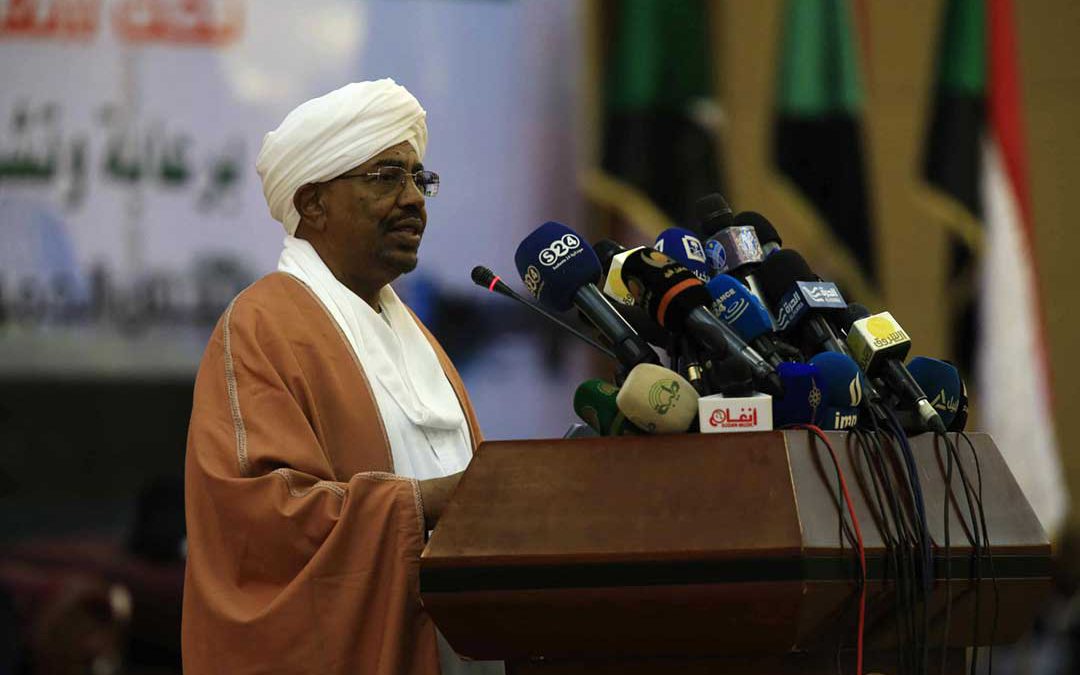
The International Criminal Court (ICC) charges against Sudan’s president, Omar al-Bashir, have shaped Sudanese domestic politics and the country’s external relations for more than half a decade — sometimes in...
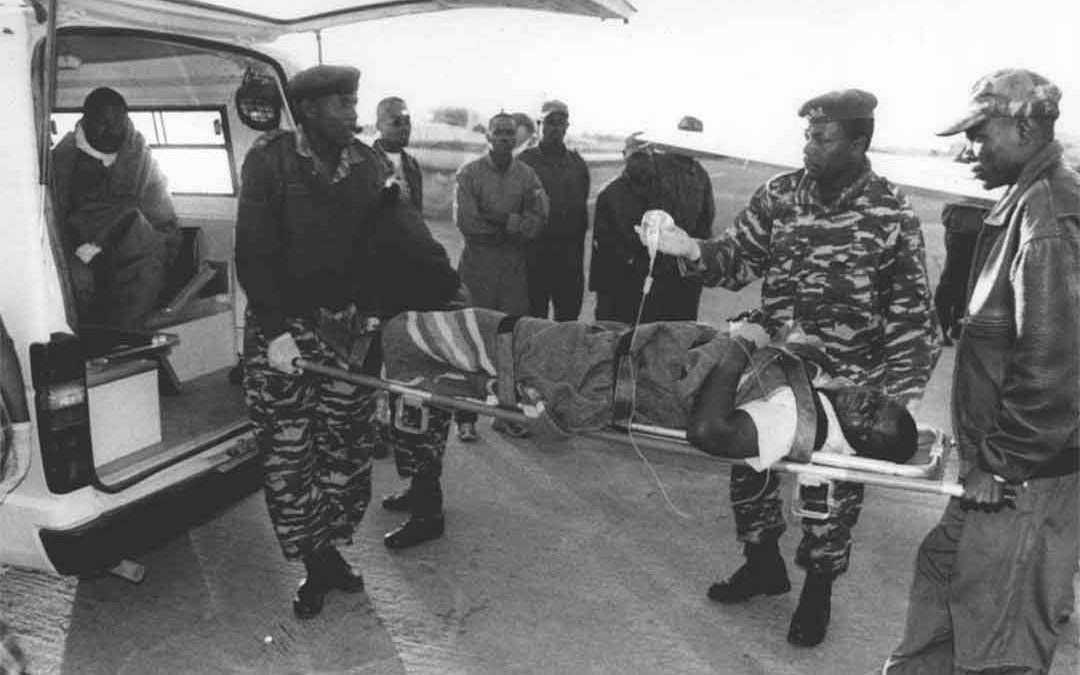
In September 2015 the Namibian High Court, in the country’s capital Windhoek, found Geoffrey Mwilima, a former opposition parliamentarian, and 29 others guilty in the so-called Caprivi treason trial. The court...
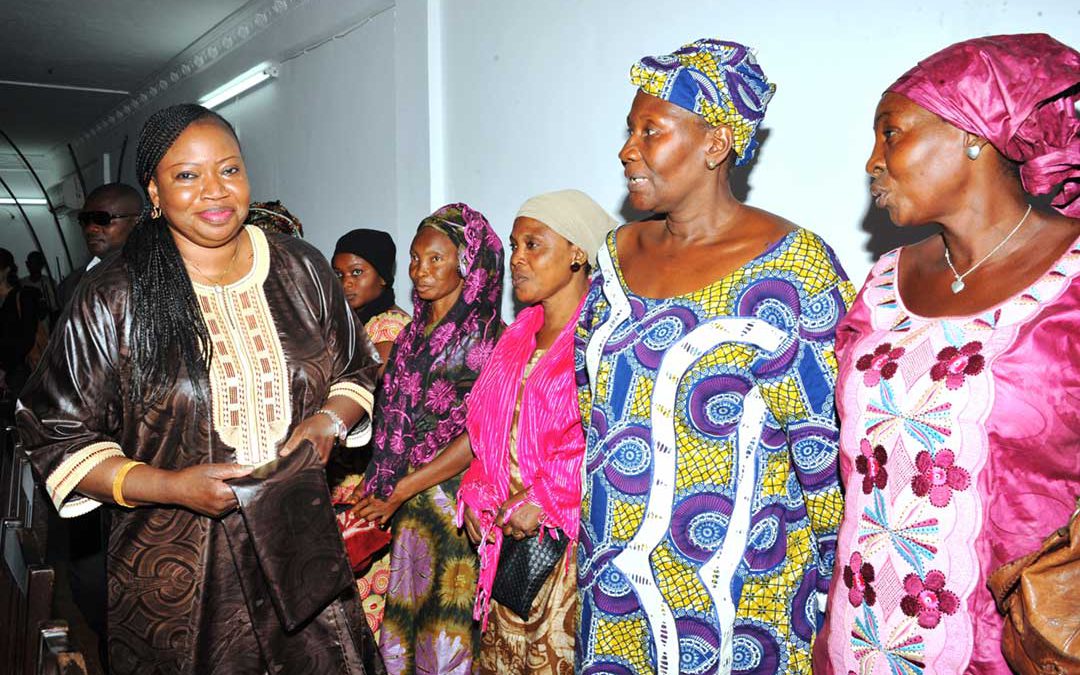
The trial of Hissène Habré, Chad’s former tyrannical ruler, has raised hopes that new systems of so-called hybrid justice can be developed. The Extraordinary African Chambers (EAC), a new body established by the...
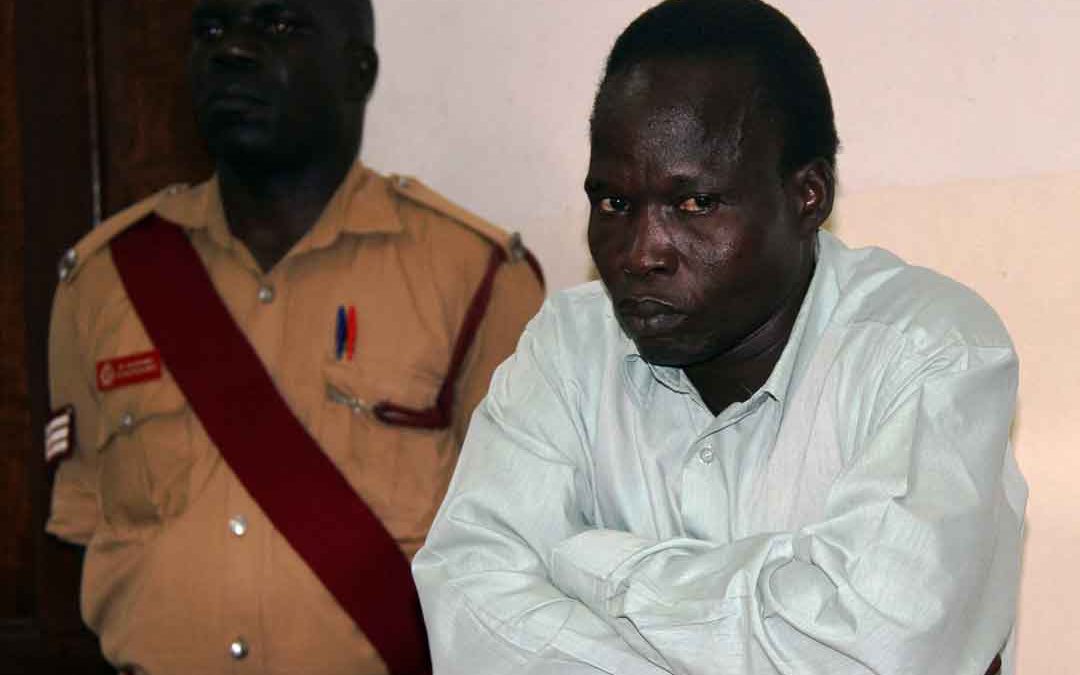
Thomas Kwoyelo is the first person to face trial in Uganda for crimes he allegedly committed while fighting for the Lord’s Resistance Army (LRA), a nearly 30-year-old rebel group that now operates in the Central...